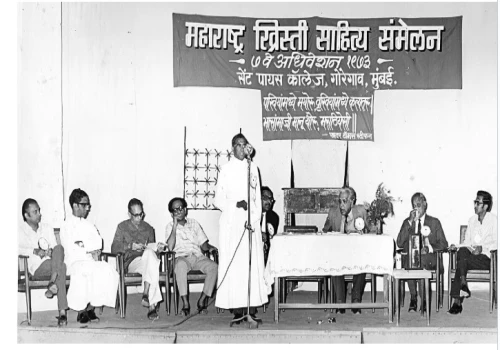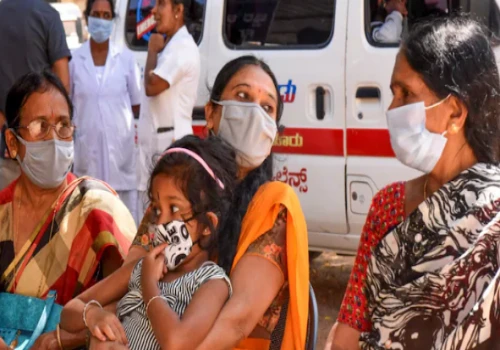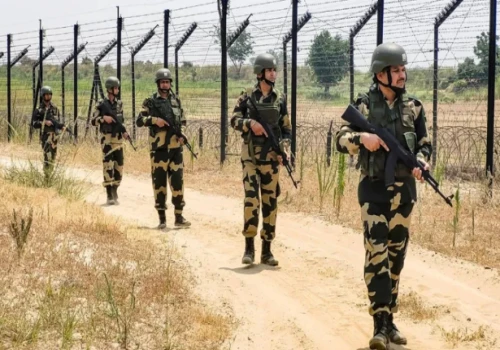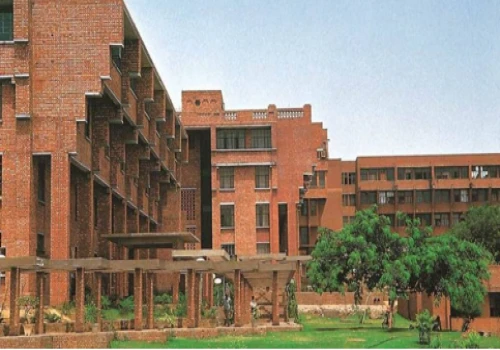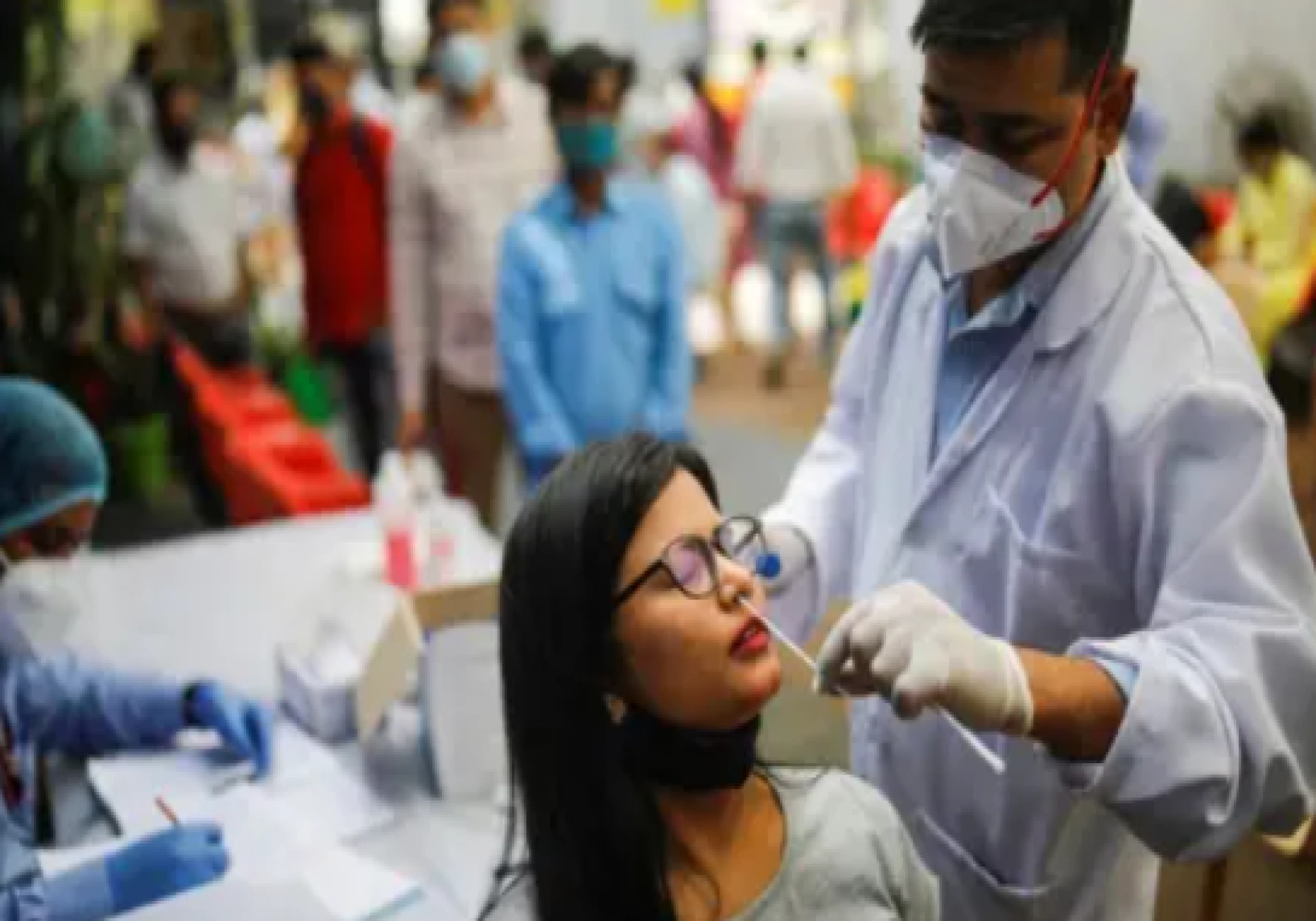
India has reported isolated cases of two new COVID-19 subvariants, NB.1.8.1 and LF.7, as per reports from the Indian SARS-CoV-2 Genomics Consortium (INSACOG). These variants, which are descendants of the JN.1 lineage, have also been causing increased infections in regions of Asia, including China.
INSACOG identified a single case of NB.1.8.1 in Tamil Nadu in April and four cases of LF.7 in Gujarat in May. Both are currently designated as "Variants Under Monitoring" by the World Health Organization (WHO), meaning they are being monitored but are not yet deemed more sinister "Variants of Concern" or "Variants of Interest".
As these variants are being watched, the JN.1 subvariant is still prevalent in India and appears in over half of genome samples sequenced (53%). BA.2 contributes about 26%, while other Omicron spin-offs take up 20%.
Even with the detection of these new strains, health experts assure that there is no reason to panic immediately. The WHO's initial risk assessment shows that NB.1.8.1 is a low global risk. Nevertheless, its mutations in the spike protein, including A435S, V445H, and T478I, are linked with greater transmissibility and possible resistance to current immunity.
On May 19, India had 257 active COVID-19 cases, with increases reported in localities across the country. Delhi saw 23 new infections, Andhra Pradesh four in the past day, Telangana one case, and a nine-month-old Bengaluru child tested positive. Kerala has witnessed a significant increase with 273 cases reported in the month of May alone.
In anticipation of the changing situation, the government of Delhi has come out with an advisory that instructs hospitals to prepare well by seeing to it that beds, oxygen, drugs, and vaccines are in place.
Experts say that caution needs to be exercised on an ongoing basis. Dr. Dhruv Chauhan, Indian Medical Association Junior Doctors Network national spokesperson, told, "This is not a killer variant, and it's always best to be safe like practicing hand hygiene, using masks wherever required such as in hospitals or public areas, and practicing respiratory hygiene." He further said, "The public must keep in mind that panic and chaos can create more health problems than the disease itself".
The authorities are still keeping a close eye on the situation and appeal to the public to follow suggested safety precautions to avoid further transmission of the virus.




